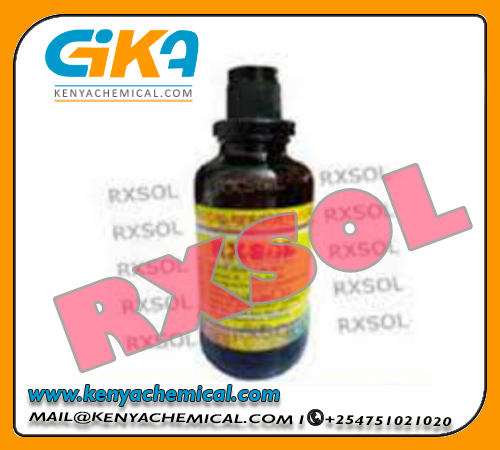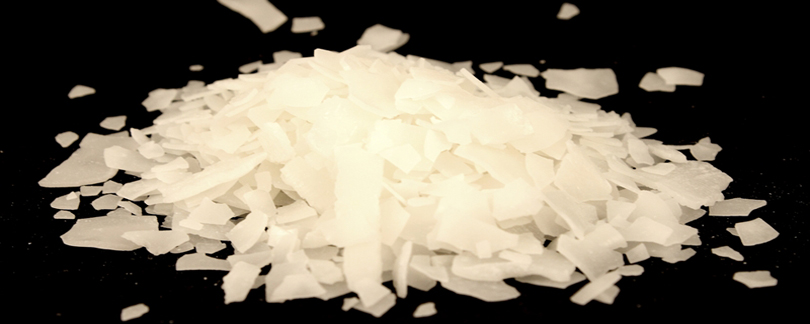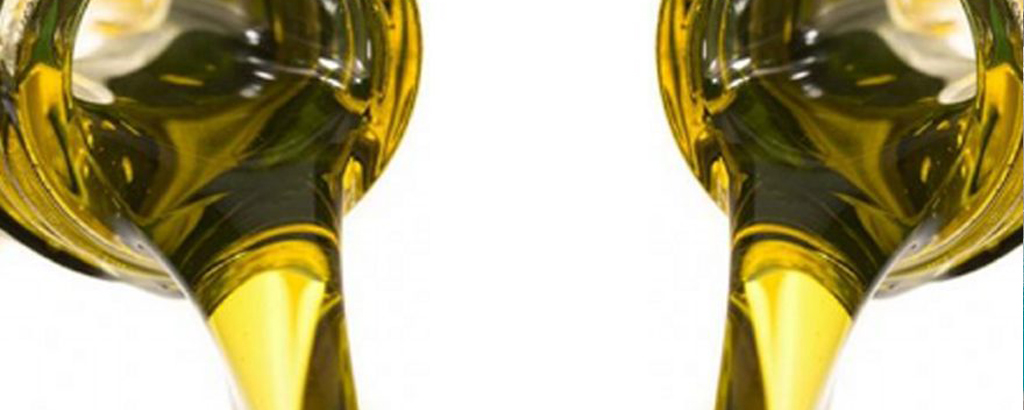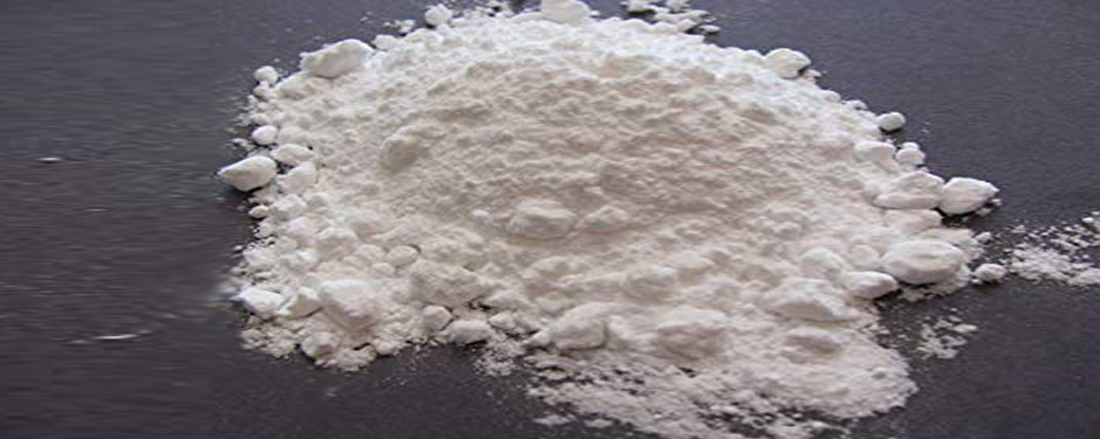FERRIC CHLORIDE AR ANHYDROUS
Ferric Chloride is also called Iron(III) Chloride. It is soluble in water and alcohol and is non-combustible. When dissolved in water, ferric chloride undergoes hydrolysis and gives off heat in an exothermic reaction.
Ferric Chloride is used in photoengraving, photography, the manufacture of pigments and ink, the chlorination of silver and copper ores, and as a mordant in dyeing and printing textiles. It is also utilized in the synthesis of organic compounds.
FeCl3 is used in the Mayer's tannic acid/ferric chloride method for staining tissue and their observation by light microscopy. Studies of iron uptake and of apoptosis in cultured cells have utilized FeCl3 as an iron source. The vapor-phase co-reductions with other metal halides by hydrogen results in finely divided intermetallics with applications as structural materials or compounds with useful thermoelectric, magnetic, and oxidation-resitance properties.
The ferric chloride test is used to determine the presence of phenols (for instance natural phenols in a plant extract). Enols, hydroxamic acids, oximes, and sulfinic acids give positive results as well.









